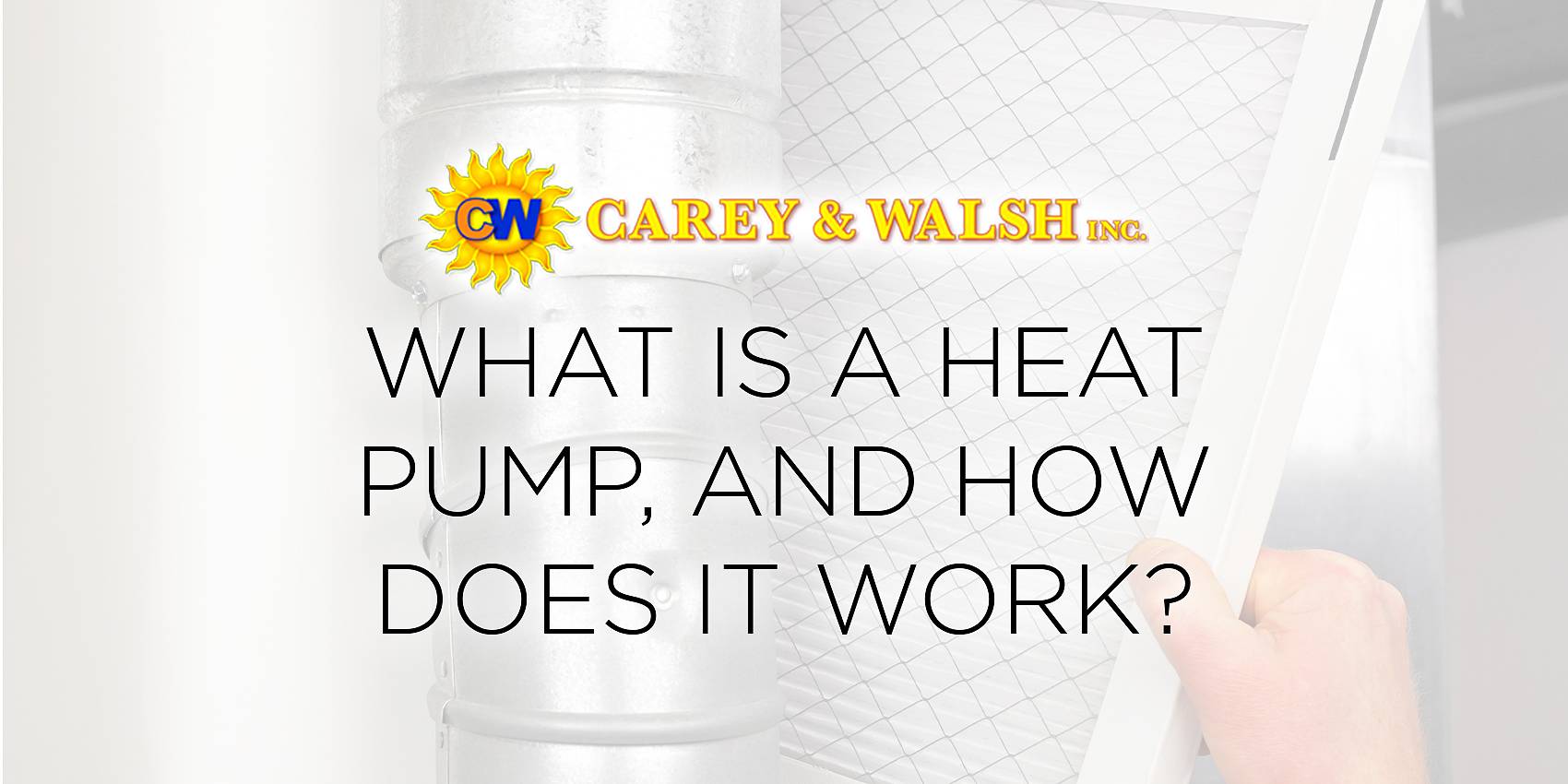
Over the years, heat pumps have garnered immense popularity. In colder climates, heat pumps work as air conditioners during summer. And in warmer climates, they work as reverse heat pumps to provide cooling during winter.
Heat pumps are a type of refrigerant system that moves heat from one space to another. They are ideal if you want to heat and cool in one system or want multiple heating and cooling zones in your home. In this blog, we’ll discuss the basics of heat pumps, their types, and how they work. We’ll also talk about the benefits of installing a heat pump in your home and how to select the right system for you.
The Basics of Heat Pumps
Heat pumps work by using a refrigerant to transfer heat from the air outside a home in the winter to the inside of the home. This slows down the air’s temperature, causing it to become less dense, which in turn causes heat to be extracted from it and sent into the home.
– Heat pumps work by transferring heat from within a home in the summer and scavenging heat from the outdoors in the winter.
– Heat pumps are designed to get enough heat into a home to warm it up.
– As a result of this, they require electricity to run the compressors.
– Additionally, heat pumps can reduce electricity use for heating by up to 50% compared to other electric heating options.
However, they are expensive and don’t work as well as traditional heating systems in subzero temperatures.
Types of Heat Pumps
A heat pump is a type of air-source heat pump system. It consists of a compressor and heat exchanger, similar to a conventional air conditioner system.
Air-source heat pumps work by exchanging heat between indoor air and refrigerant on a continuous basis, generating heating or cooling as needed. They are commonly used in hybrid configurations, where they are combined with an electric heating source. Depending on the type of heat pump used, the system can be more efficient at heating or cooling than a traditional air conditioner system.
There are two main types of heat pumps: water-source pumps and ground-source pumps. The four basic types of heat pumps are water to water, water to air, air to air, and air to water. Each type has its own unique features and advantages. For example, water-source pumps can be more cost-effective than air-source heat pumps if you live in a sunny climate. But they tend to be less efficient at heating or cooling than ground-source models, which can save homeowners up to $900 per year on energy costs due to their ability to transfer heat without burning fossil fuels.
Benefits of Installing a Heat Pump
A heat pump is a type of air conditioner that uses refrigerant to transfer heat from outside the home to the inside. The refrigerant evaporates outside, heating up water into a hot gas. This gas travels through pipes and coils inside the system, cooling down the air in its path.
The hot gas then returns to the water, reheating it. This process of heating and cooling helps to keep your home comfortable year-round, saving you money on energy costs.
With proper insulation and a well-designed home, a heat pump can even heat your home during the coldest days of winter with only the heat pump. That’s because heat pumps use the refrigeration cycle to heat and cool your home, providing year-round indoor comfort.
A heat pump is a smart investment for anyone looking to save money on their energy bills and enjoy comfortable indoor temperatures without relying on sunlight or fossil fuels.
How Heat Pumps Work
– A heat pump is a technology that uses refrigerant fluid to move heat from an area with higher heat to an area with lower heat. It works by turning the refrigerant fluid into hot air or water and then changing the pressure of the air or water to move heat between the two areas.
– Besides using electricity, gas, or solar power, heat pumps can also work as heating systems in hybrid configurations with other heating technologies, such as electric heaters, gas stoves, and cooling fans.
– The refrigerant fluid inside a heat pump contains a refrigerant gas that is kept under pressure. When the air temperature outside is below the air temperature inside an air conditioner or heating system, the refrigerant gas is released from its system and becomes hot air or water. This hot air or water then flows into the system’s other end and absorbs heat from it.
– In the summer, a heat pump acts like an air conditioner and extracts heat from home by changing its pressure. This change in pressure cools and dehumidifies the air in the house. Meanwhile, during the winter months, when it’s too cold for air conditioners to work effectively, a heat pump scavenges heat from outside and pumps it into the home to keep it warm.
Selecting the Right Heat Pump
When it comes to choosing a heat pump, homeowners must consider various factors such as energy consumption rate, noise level, costs of installation and maintenance, and available space.
– To begin with, it is essential to understand the purpose of a heat pump. A heat pump is designed to transfer heat from outside the home into the home. As a result, it makes the home warm during winter months. This helps homeowners save money on heating bills.
– The natural gas or electricity that powers the heat pump is used to run the refrigerant compressor.
– The refrigerant does not directly touch the air inside the home. Instead, it circulates around outside air and water coils inside the unit. It absorbs heat from the outside air and transfers it into the water coil of the heat pump. This provides an efficient way of heating air without using much energy
– Homeowners can also choose a heat pump with a digital display that shows current energy consumption and setpoint temperature. This ensures accurate control of their system and minimizes energy waste
– Another factor to consider when selecting a heat pump is its noise level. Some models are noisier than others due to their size or features, such as cooling fans or pumps
– Besides, homeowners should understand their individual needs and requirements while selecting a heat pump to ensure optimal results
The above factors can help homeowners make an informed decision regarding their heating system and get optimum benefits out of it.
Conclusion
To sum up, heat pumps are energy-efficient and highly cost-effective heating and cooling systems. They work by transferring heat from a colder area to a warmer one, using electrical power. From refrigeration to air conditioning, heat pumps can work their magic in any application. If you’re looking to install heat pumps in your home or office, get in touch with us today. Our expert technicians will help you make an informed decision and select the best system for your needs


